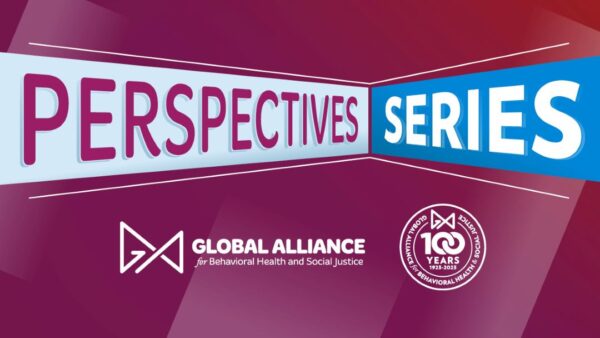Social Responsibility: Working to Support Community Engagement

I recently returned to my birth country of Panama to learn more about and to participate in a Global Medical Brigades trip to two remote communities within the country. My parents migrated to the United States with my brother and I when I was 8-years old. Their motivation for this move was to ensure that their children were in a place where they could prosper and have a better life. To this day, so many years later, they remain proud of our educational and professional success and attribute it to a difficult but what they saw as necessary decision to leave Panama. Our experience and story is so similar to that of many immigrants who come to, or attempt to enter the United States from hundreds of countries.
Medical Brigades is an opportunity for students, faculty and other volunteers to provide services to those in need in developing countries. Currently Honduras, Panama, Ghana, Guatemala and Greece have been the focus of these services. Volunteers work with communities on public health issues such as sanitation, establishing and maintaining clean water sources, developing community gardens to grow fruits and vegetables, establishing predictable health services, delivering health education, and working with the community on economic development. Volunteers work alongside local physicians and pharmacists in providing basic health care. A major focus of this engagement is on sustainability. This is achieved by maintaining a small but steady staff from in country or the region who serve as stable conduits to the community. In addition to maintaining a relationship with the community, they serve to orient and support the various volunteers who go to serve. Additional information about the Global Brigades can be found at https://medical.globalbrigades.org/medical-brigades/. In one community, the art, crafts and textiles produced by the women were sold to drive their personal economic growth and ultimately, that of their community. Volunteers were observed teaching the women about finances, planning procurement of crucial materials to drive their business, and strategies to sustain their overall economic health.
Of note, the United Nations Sustainable Development Goals (SDGs) 3, 6 and 8 are pillars of the work and philosophy that is followed.
SDG 3: Ensure healthy lives and promote well-being for all at all ages
SDG 6: Ensure availability and sustainable management of water and sanitation for all
SDG 8: Promote sustained, inclusive and sustainable economic growth, full and productive employment and decent work for all https://sdgs.un.org/goals.
These determinants of health factors were identified as the most critical areas needed by these and similar communities with whom Global Brigades works. The World Health Organization (WHO) reiterates the recommendation from the SDGs that empowering low-income and poorly resourced communities involves providing skills and promoting leadership training, providing microloans and financial literacy training, especially to women, identifying community specific impediments to agriculture and other products that serve as sustenance to livelihood, and the value of external agencies adopting a particular village
https://www.who.int/teams/health-promotion/enhanced-wellbeing/seventh-global-conference/community-empowerment
The impact of this work with communities is laudable and builds empowering opportunities of hope and social connection both within the identified community and between the community and external groups. Seeing the pride of the community members in their products and their attentiveness to, and engagement with volunteers as they received education, was powerful. Serving as catalysts and allies to work with and support self-empowerment of communities is a key step to breaking powerlessness, passivity, hopelessness, and social isolation. This was a positive experience for me in that it provided a tangible action step in my thinking about and motivation for action in the areas of human rights, social justice, equity, and empowerment. I am confident that there are other strategies out there to support community empowerment, doing something, and using multiple strategies will be needed however. As clinicians, researchers, educators and / or policy advocates, the new reality is that we must act to eradicate existing inequities. Any action and / or allyship effort can make a difference.
References
Global Medical Brigades. (2011-2023). Program description. https://medical.globalbrigades.org/medical-brigades/
United Nations. (2023). Global Sustainable Development Report (GSDR) 2023. https://sdgs.un.org/goals.
World Health Organization. (n.d.). Track 1: Community empowerment. https://www.who.int/teams/health-promotion/enhanced-wellbeing/seventh-global-conference/community-empowerment
